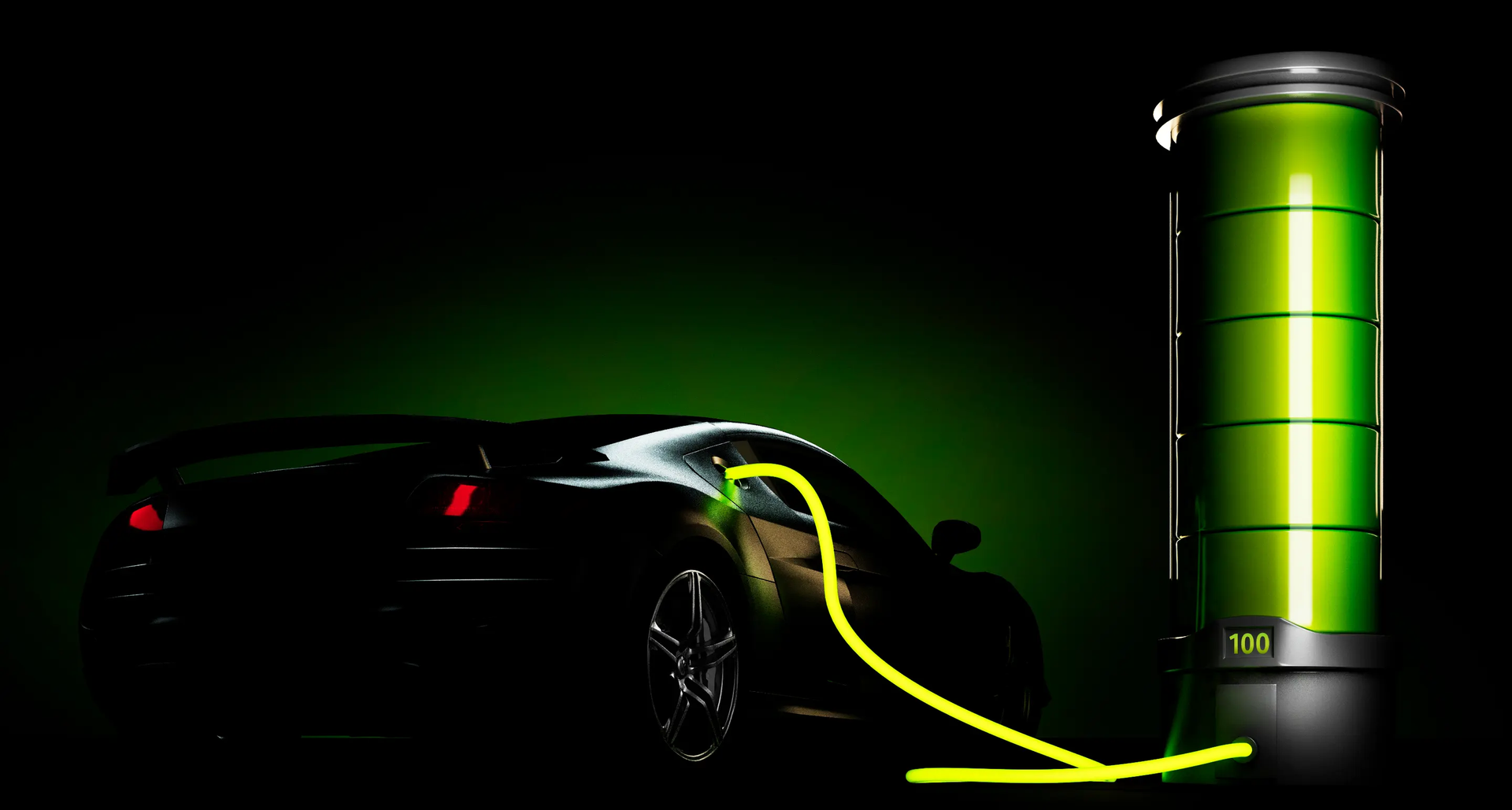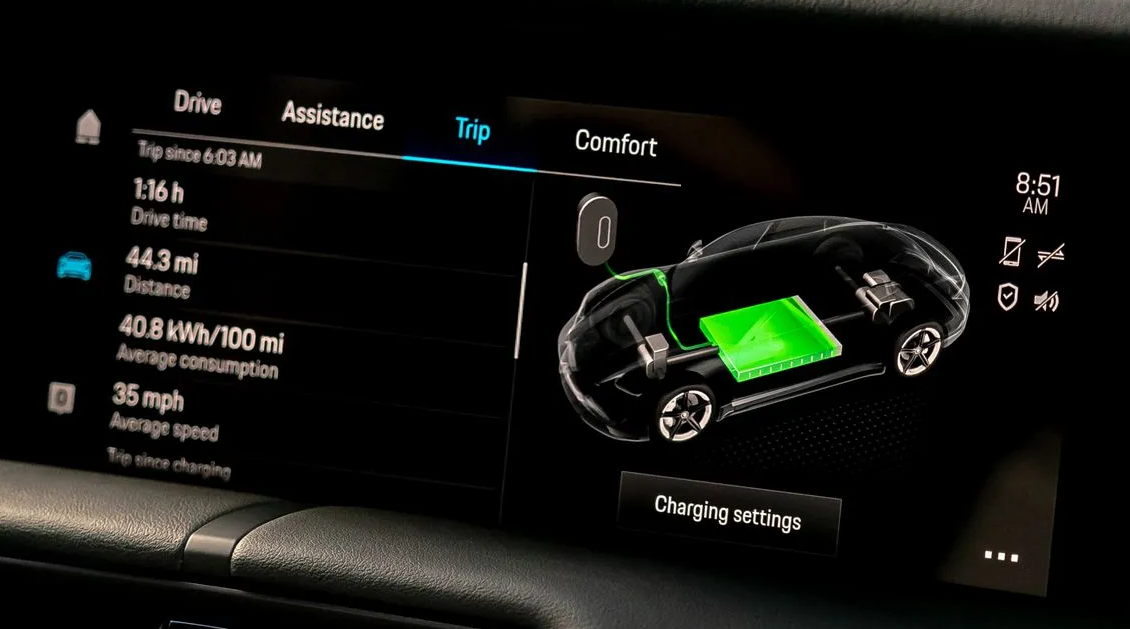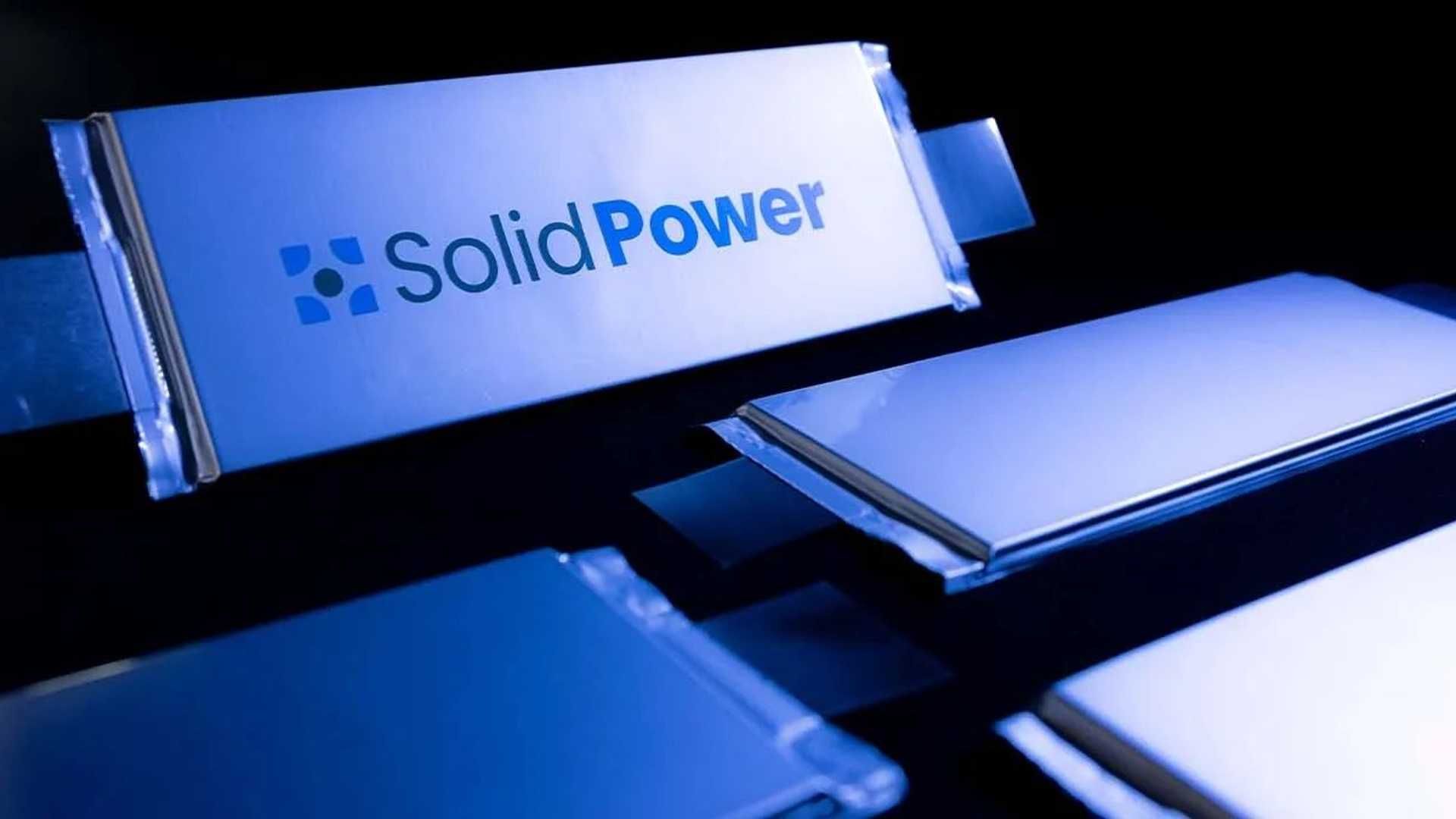Top 5 Battery Breakthroughs: Advancements in EV Battery Technology
A NEW sustainable mobility option arrives to Cayman!
Electric vehicles (EVs) have captured the world's attention as a sustainable and energy-efficient mode of transportation. Central to the evolution of EVs is the battery technology that powers them. Over the years, significant strides have been made in enhancing the efficiency, range, and overall performance of EV batteries. In this article, we delve into the fascinating realm of battery breakthroughs and the remarkable advancements in EV battery technology that are propelling us into a cleaner and more electrifying future.
1. Introduction: The Fundamental Role of EV Batteries
2. Breakthrough #1: Increased Energy Density
3. Breakthrough #2: Rapid Charging
4. Breakthrough #3: Enhanced Durability
5. Breakthrough #4: Sustainable Materials
6. Breakthrough #5: Solid-State Batteries
7. The Future of EV Battery Technology
8. Conclusion
1.- Introduction : The Fundamental Role of EV Baterries
Before we embark on a journey to explore the exciting developments in EV battery technology, it's essential to understand the pivotal role that batteries play in the world of electric vehicles. EV batteries serve as the energy reservoir that propels the vehicle, delivering power to the electric motor, and thus, dictating the driving range and performance. These batteries are integral to the overall experience of EV ownership, shaping factors such as efficiency, charging time, and cost-effectiveness.
2.- Breakthrough #1 Increased Energy Density
One of the most compelling aspects of EV ownership is the remarkably low maintenance requirements. Unlike conventional vehicles, EVs have fewer moving parts, resulting in reduced wear and tear. In essence, the simplicity of electric vehicle design contributes to fewer components that can break down, translating into less frequent and less costly maintenance.

This breakthrough means that EVs can travel longer distances on a single charge, addressing the notorious "range anxiety" that has been a concern for some prospective buyers. Higher energy density also translates into more compact and lighter batteries, which further enhances the efficiency of electric vehicles.
3.-Breakthrough #2: Rapid Charging
Charging time has been a focal point in the development of EVs. Early electric vehicles required lengthy charging periods, which hindered their widespread adoption. However, breakthroughs in battery technology have led to the development of rapid charging capabilities.

Newer EV batteries can accept high-power charging, allowing for faster refueling. Some EVs now offer the capability to add hundreds of miles of range in as little as 15 minutes. This advancement not only enhances convenience but also makes long road trips a more viable option for electric vehicle owners.
Batteries degrade over time, affecting an EV's range and overall performance. However, advancements in battery chemistry have led to more durable batteries with extended lifespans. These improved batteries experience slower degradation rates, ensuring that EVs maintain their performance characteristics for a more extended period.

As batteries become more resilient, the cost of ownership decreases. Owners can enjoy their electric vehicles for more years without the need for expensive battery replacements. This development is a game-changer, making EVs even more cost-effective in the long run.
5.- Breakthrough #4: Sustainable Materials
Sustainability is a crucial consideration in EV battery technology. Older battery chemistries relied on materials with a significant environmental impact, such as cobalt and nickel. However, a new wave of battery technologies utilizes more sustainable materials like lithium iron phosphate (LiFePO4) and solid-state electrolytes.

These sustainable materials reduce the environmental footprint of EV batteries and align with the broader goal of reducing the carbon footprint of electric vehicles. The shift towards environmentally friendly battery materials is a testament to the commitment of the industry to create greener transportation solutions.
Perhaps one of the most exciting advancements in EV battery technology is the development of solid-state batteries. Traditional lithium-ion batteries use liquid electrolytes, which can pose safety risks and limitations. Solid-state batteries, on the other hand, replace the liquid electrolyte with a solid material, enhancing safety, energy density, and charging capabilities.

Solid-state batteries have the potential to revolutionize the electric vehicle industry. They promise improved range, faster charging, and enhanced safety. While they are currently in the research and development phase, their arrival on the market could usher in a new era of electric vehicle technology.
7.-The Future of EV Battery Technology
The advancements in EV battery technology are not limited to the breakthroughs mentioned above. Researchers and manufacturers continue to push the boundaries, exploring novel materials and engineering solutions to create batteries that are even more efficient and sustainable.
The future of EV battery technology holds the promise of even higher energy density, faster charging, and greater environmental friendliness. These developments will shape the next generation of electric vehicles, making them even more accessible and appealing to consumers.
8.- Conclusion
In conclusion, battery breakthroughs in EV technology are propelling us towards a cleaner, more energy-efficient future. Advancements in energy density, charging speed, durability, sustainable materials, and the emergence of solid-state batteries have transformed the electric vehicle landscape. As these technologies continue to evolve, the electric vehicle industry is poised for remarkable growth, making electric vehicles an increasingly attractive and practical choice for drivers worldwide.
Visit our Showroom to know more about our EV vehicles available!

